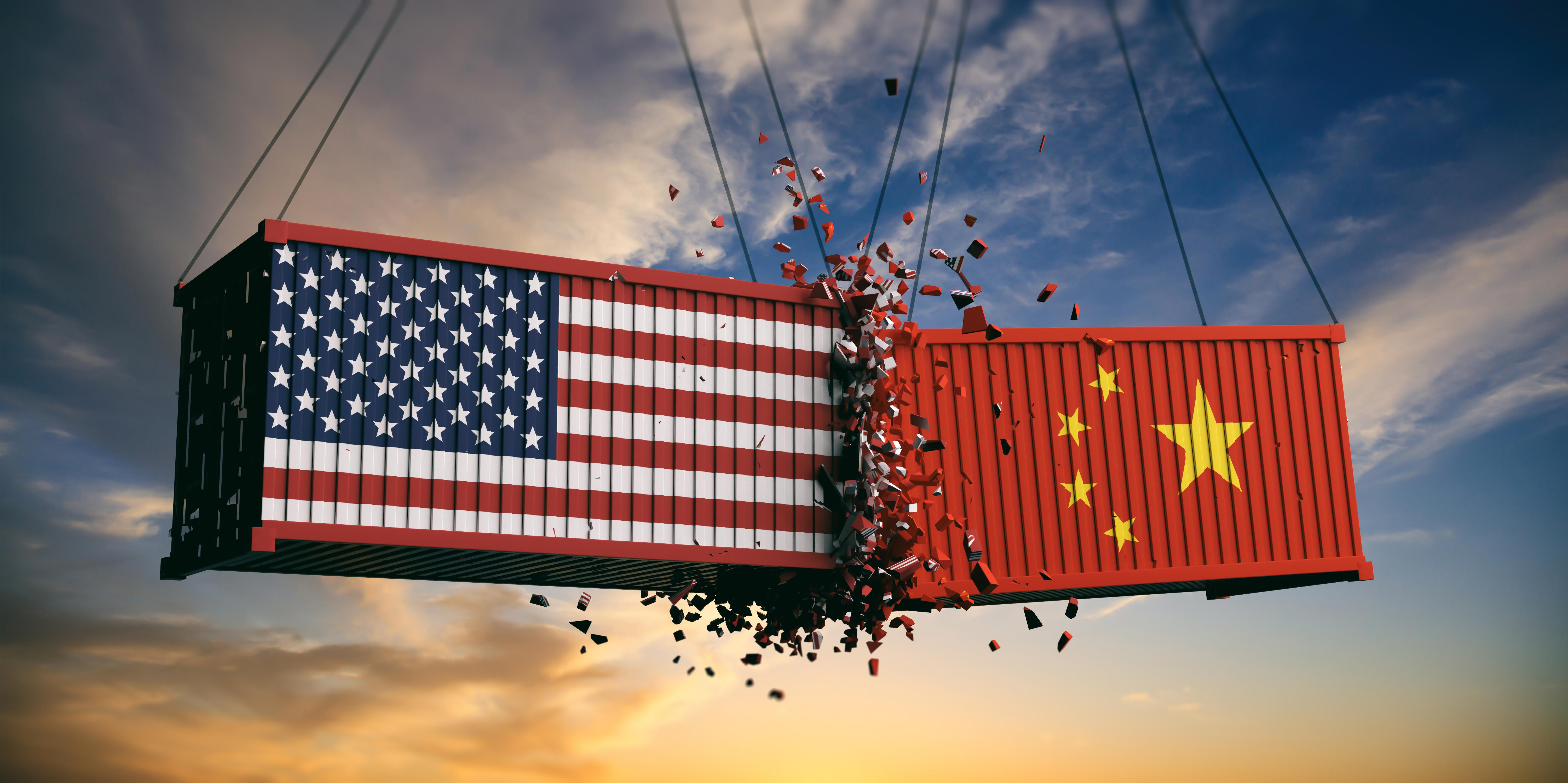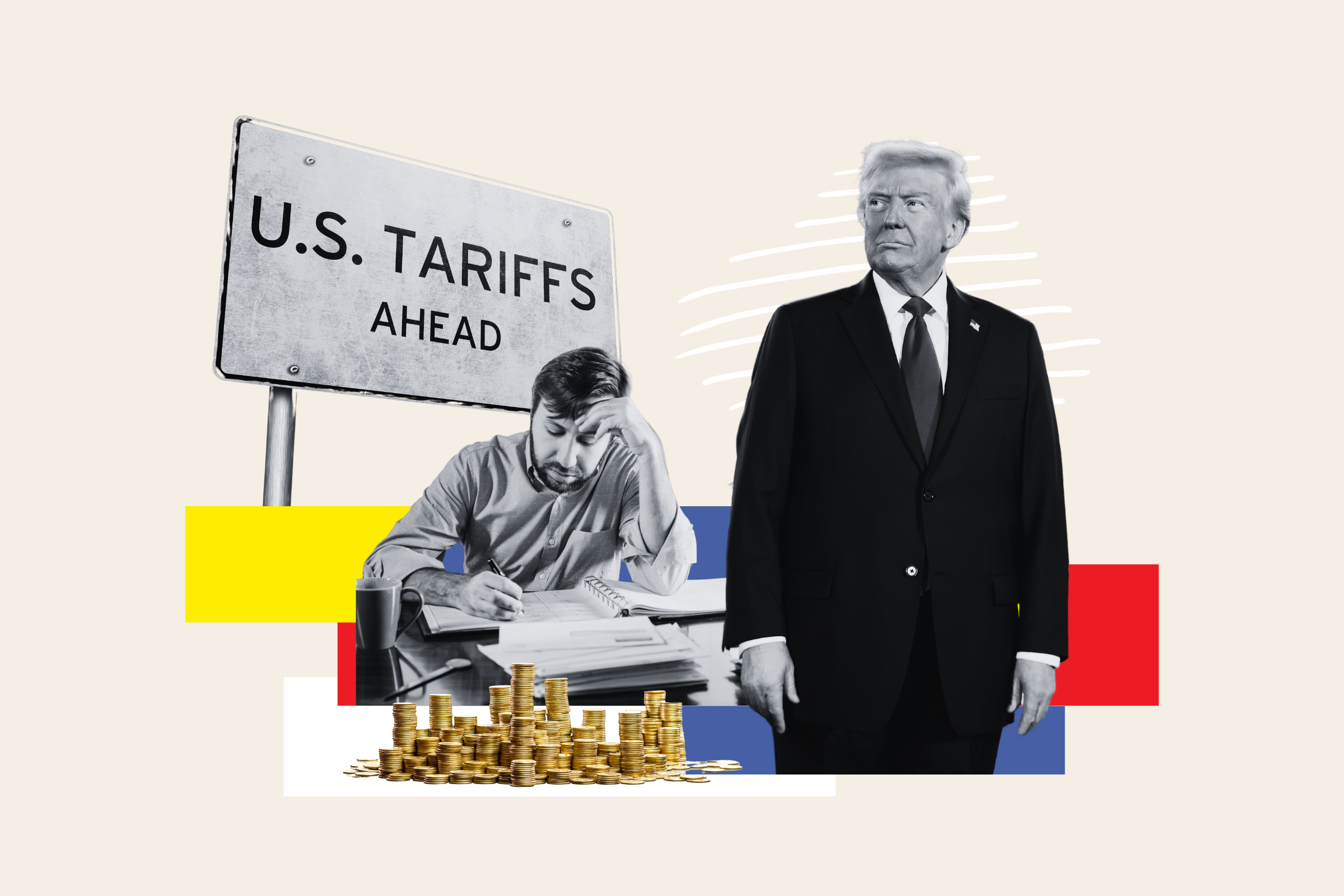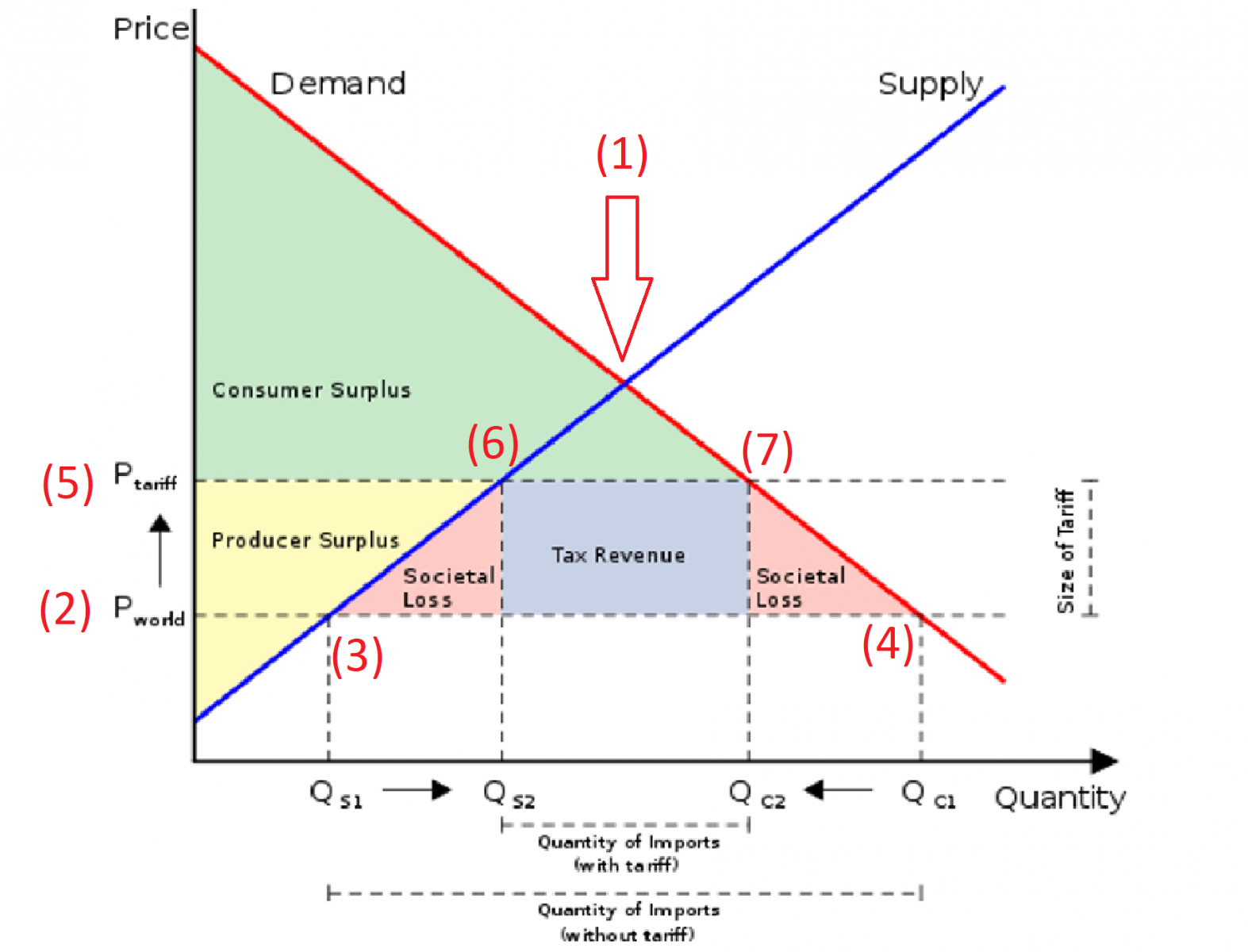The Impact Of China Tariffs: Economic Consequences And Mitigation Strategies

Trump Tariffs Hit China Where It Matters Most - Source marketrealist.com
Editor's Notes: "The Impact Of China Tariffs: Economic Consequences And Mitigation Strategies" have published today date". Give a reason why this topic important to read.
After some analysis, digging information, made The Impact Of China Tariffs: Economic Consequences And Mitigation Strategies we put together this The Impact Of China Tariffs: Economic Consequences And Mitigation Strategies guide to help target audience make the right decision.
FAQ
The impact of China tariffs on the global economy is a complex issue with far-reaching consequences. This FAQ section addresses common concerns and misconceptions, providing a comprehensive understanding of the situation.
Question 1: What are the specific goods affected by the tariffs?
The tariffs imposed by the United States primarily affect intermediate goods used in manufacturing, such as machinery, electronics, and chemicals. These goods are essential for production in many industries.
Question 2: How have the tariffs impacted the prices of goods?
The tariffs have led to increased prices for both consumers and businesses. Importers must pay higher costs, which are often passed on to end-users. Additionally, retaliatory tariffs from China have further exacerbated price increases.
Question 3: Has there been any job loss as a result of the tariffs?
The tariffs have contributed to job losses in some industries, particularly those relying heavily on imported goods. The increased costs associated with tariffs have forced some businesses to reduce their workforce or relocate production.
Question 4: What are the potential long-term implications of the tariffs?
The long-term consequences of the tariffs remain uncertain. However, they could potentially lead to a decline in global trade, reduced investment, and slower economic growth. Structural changes in global supply chains may also occur.
Question 5: Are there any mitigation strategies to address the negative impacts of the tariffs?
Several mitigation strategies can help address the negative impacts of the tariffs. These include diversifying supply chains, investing in domestic production, and exploring alternative markets. Governments can also provide financial assistance to affected businesses.
Question 6: What is the outlook for the future of US-China trade relations?
The future of US-China trade relations is uncertain. While both countries have expressed a desire to find a resolution, tensions remain high. The outcome of ongoing negotiations and the political landscape in both countries will shape the path forward.
The impact of China tariffs is a multifaceted issue that has significant economic consequences. Understanding the complexities and potential mitigation strategies is crucial for businesses, policymakers, and all stakeholders involved.
Transition to the next article section.

Will Expansion of U.S. 301 Tariffs Send China Plus One Strategies into - Source dimerco.com
Tips
To mitigate the economic consequences of China tariffs, businesses and consumers can consider the following strategies: The Impact Of China Tariffs: Economic Consequences And Mitigation Strategies
Tip 1: Diversify supply chains by identifying alternative suppliers outside of China. This reduces reliance on a single country and mitigates the impact of future tariffs.
Tip 2: Explore domestic sourcing options to reduce exposure to tariffs on imported goods. This supports local businesses and reduces transportation costs.
Tip 3: Negotiate with suppliers to share the burden of tariffs. Open communication and collaboration can result in mutually agreeable solutions.
Tip 4: Optimize product designs to reduce the use of imported components. This minimizes the impact of tariffs on the overall cost of goods.
Tip 5: Consider stockpiling inventory prior to tariff implementation to mitigate short-term supply disruptions.
Summary of key takeaways or benefits of implementing these strategies.
Transition to the article's conclusion
The Impact Of China Tariffs: Economic Consequences And Mitigation Strategies
The implementation of China tariffs has significant economic implications necessitating the exploration of their multifaceted impact and potential mitigation strategies.
- Trade disruptions: Tariffs disrupt global supply chains, increasing costs and reducing trade volumes.
- Inflationary pressures: Tariffs raise consumer prices as the costs of imported goods increase.
- Reduced consumer spending: Higher prices reduce disposable income, leading to a decline in consumer spending.
- Job losses: Tariffs can impact industries and sectors reliant on trade with China, leading to job losses.
- Business uncertainty: Tariffs create uncertainty for businesses, affecting investment decisions and economic growth.
- Political tensions: Tariffs can escalate political tensions between countries, further exacerbating the economic impact.
To mitigate the negative consequences of China tariffs, policymakers can consider various strategies, such as providing support to affected industries, exploring alternative trade partners, promoting innovation and technology, and pursuing diplomatic solutions.

US Business Owners Sound Off on Impact of Potential Trump Tariffs - Source www.newsweek.com

Trump tariffs: Countries and products that pay the highest US tariffs - Source www.cnbc.com
The Impact Of China Tariffs: Economic Consequences And Mitigation Strategies
The escalating trade war between the United States and China has had significant ramifications for the global economy. The imposition of tariffs on Chinese imports has led to increased prices for consumers, disrupted supply chains, and reduced investment. The economic consequences of these tariffs are complex and far-reaching, and businesses and governments are struggling to adapt to the new landscape.

The History of Trade Tariffs and the Effect on Economies — Spiegel - Source spiegelca.com
One of the most immediate and visible impacts of the tariffs has been the increase in prices for consumers. Tariffs make imported goods more expensive, and this cost is often passed on to consumers in the form of higher prices. This has had a particularly significant impact on the prices of products that are heavily reliant on Chinese imports, such as electronics, clothing, and toys. The increased prices have led to a decline in demand for these products, which has in turn led to job losses in the retail and manufacturing sectors.
The tariffs have also disrupted supply chains. Many businesses rely on Chinese imports for components and materials, and the tariffs have made it more expensive and difficult to obtain these supplies. This has led to production delays and increased costs for businesses, which have been passed on to consumers in the form of higher prices.
The tariffs have also reduced investment. The uncertainty created by the trade war has made businesses reluctant to invest in new projects. This has led to a slowdown in economic growth and a decline in the stock market.
The economic consequences of the China tariffs are complex and far-reaching. Consumers are paying higher prices for goods, businesses are struggling to adjust to the disrupted supply chains, and investment is declining. The trade war is having a negative impact on the global economy, and it is unclear how long it will last or what the ultimate consequences will be.